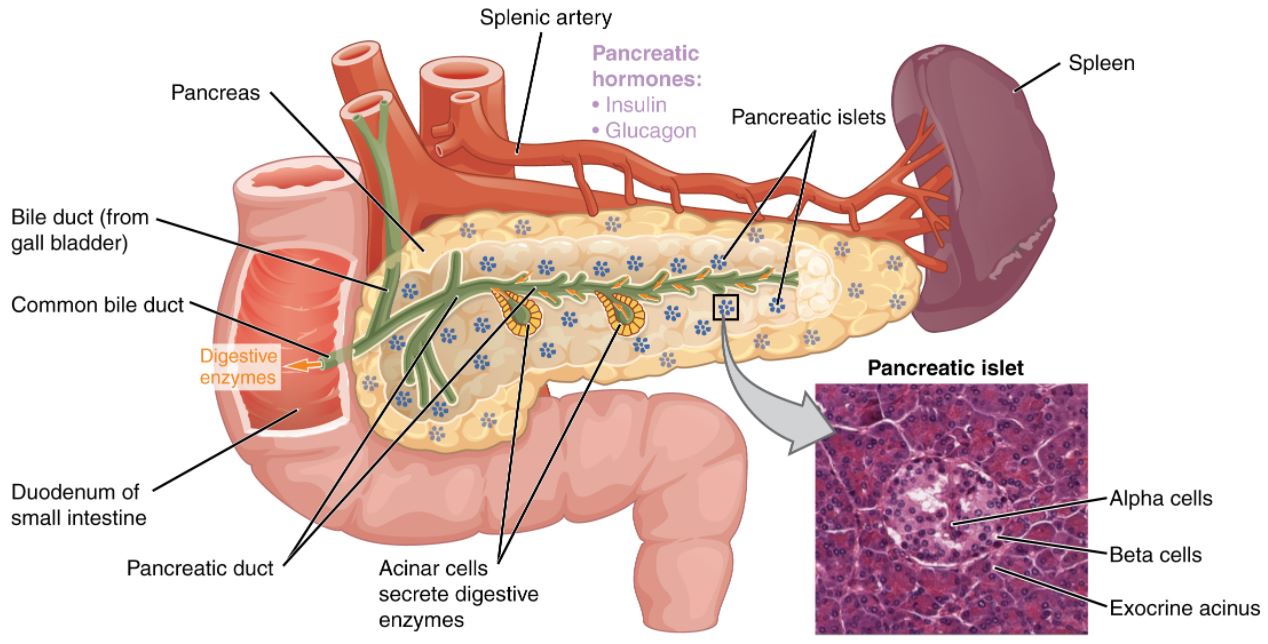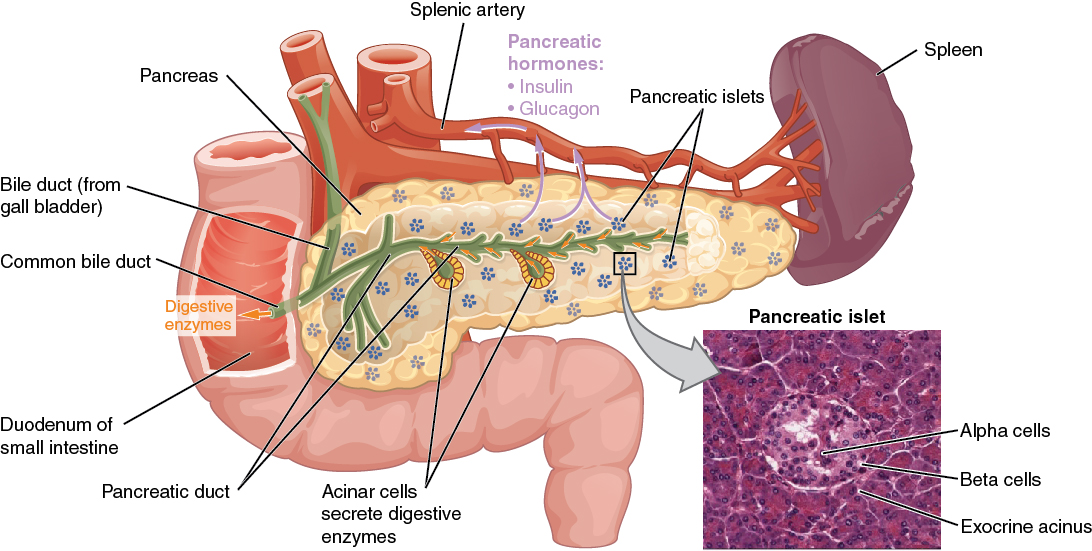Playlist
Show Playlist
Hide Playlist
Diabetes Medications – Summary
-
Slides Diabetes Medications Summary.pdf
-
Reference List Pharmacology.pdf
-
Download Lecture Overview
00:00 Let's start with the foundation of managing Type 2 Diabetes Melodis, T2DM. 00:06 Lifestyle modifications are crucial and include increased physical activity, dietary changes, and weight loss. 00:12 These should be initial steps and maintained throughout the treatment process. 00:17 For pharmacologic therapy, metformin is recommended by the American Diabetes Association, ADA, as the first-line treatment. It is effective in reducing HbA1c by 1 to 1.5 percent and has a favorable safety profile. When metformin alone is not enough to reach the A1c target, which is typically less than 7 percent for most patients, a second agent should be added. For older adults and those with comorbidities or limited life expectancy, glycemic targets are usually set a bit higher. GLP-1 receptor agonists are preferred for patients with atherosclerotic cardiovascular disease, ASCVD, or high cardiovascular risk due to their cardiovascular benefits. 00:58 SGLT-2 inhibitors are recommended for patients with ASCVD, heart failure, or chronic kidney disease due to their cardiovascular and renal benefits. Other options include DPP-4 inhibitors, alpha-glucosidase inhibitors, thiazolidinidones, and sulfonylureas, though the latter two are less used due to side effects and the availability of more effective drugs. Insulin therapy is typically reserved for patients who do not achieve glycemic control with oral agents and GLP-1 RAs, or for those with significant hyperglycemia or insulin deficiency. A patient-centered approach is essential in choosing pharmacologic agents, considering cardiovascular comorbidities, hypoglycemia risk, weight impact, cost, and patient preferences. 01:48 Regular monitoring of HBA1c and other relevant parameters is important, with treatment regimens adjusted every 3 to 6 months based on the patient's response and clinical status. In summary, we start with lifestyle modifications and metformin, then add agents like GLP-1 RAs or SGLT-2 inhibitors based on individual patient characteristics and comorbidities. Insulin therapy is considered when other treatments fail to achieve glycemic targets.
About the Lecture
The lecture Diabetes Medications – Summary by Pravin Shukle, MD is from the course Endocrine Pharmacology.
Included Quiz Questions
What is the most appropriate first-line medication in a drug-naïve overweight patient with mild type 2 diabetes?
- Metformin
- Glipizide
- Repaglinide
- Rosiglitazone
- Acarbose
Customer reviews
5,0 of 5 stars
| 5 Stars |
|
5 |
| 4 Stars |
|
0 |
| 3 Stars |
|
0 |
| 2 Stars |
|
0 |
| 1 Star |
|
0 |





